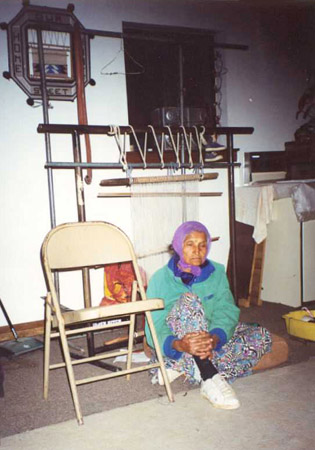As a way of giving back to the Eastern Band of Cherokees, Frazier is translating a portion of the novel and other books into the Cherokee language. They will be the first contemporary works translated into the tribal tongue in 175 years.
"I'm just glad that this happened during my lifetime," said Myrtle Driver, an Eastern Band member who is helping Frazier translate the section of "Thirteen Moons" that chronicles the tribe's removal from their Appalachian homeland to Oklahoma in the late 1830s. "I feel like my life is complete."






